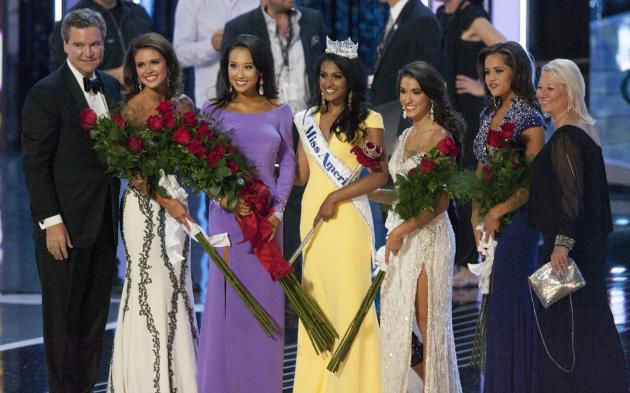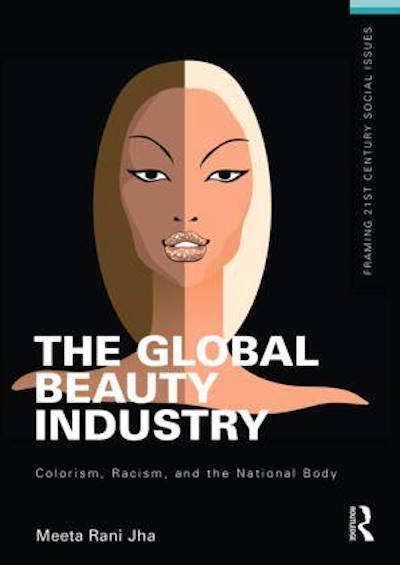Last week Friday I attended a spectacular event to discuss critical issues affecting women of colour – that of shadeism, colourism and how our bodies are objectified in the name of beauty. These topics were being dissected with the help and expertise of Dr. Meeta Rani Jha who was sharing from her new book The Global Beauty Industry Colorism, Racism, and the National Body.
The women only event was organised by the SAWCC London (pronounced “saucy”) — the South Asian Women’s Creative Collective, who are a creative network of women artists and appreciators with origins from, or a keen interest in South Asia and diaspora, however the evening was one that welcomed all women of colour, to assist us in our understanding of beauty and Blackness and how we could approach the subject in a critical manner.
Last nite @RichMixLondon: Meeta Rani Jha's SAWCC chat (beauty, power, inequality) with roomful of fab diverse women! pic.twitter.com/yrbzy7NejO
— SAWCC London (@SAWCC_London) October 17, 2015
Now for those who know me know that an event like this was RIGHT up my street – and I only found out about the day before! Dr Rani Jha stated that the organisers were expecting about forty or so people – but in the end over 150 women turned up – demonstrating the vast appetite and demand for such discussions! Women from all backgrounds, including a number of white European women, shared a space to talk…and more importantly to listen.
Dr Meeta Rani Jha is a feminist sociologist and an anti-racist activist. She is a scholar-in-residence at Beatrice Bain Research Group (BBRG) in the Gender and Women’s Studies Department at the University of California, Berkeley, US. She has taught sociology, globalisation, transnational feminist cultural studies, critical race, ethnicity, and media studies at a number of universities in London (University of East London,Westminster, and at Goldsmiths) and in the San Francisco Bay area (University of San Francisco, Cal State University, Bakersfield) She is a long time community activist organizing on issues of racial discrimination, low pay, migration, domestic violence, and homeworking in the UK.
She opened the evening by setting the premise of the discussion by defining beauty as;
“A complicated and contradictory everyday experience incorporating injury, exclusion, disadvantages as well as pleasure, identifications, emotional connections, aspirations bonding and empowering”
The book goes on to explore the complexity ‘beauty’ and looks at four case studies in greater detail, including the 2014 Miss America Pageant, which was won by Nina Davuluri, a 24 year old aspiring medical doctor and the US’ first Miss America of Indian decent….

Nina Davuluri of New York poses with her court after being crowned Miss America 2014 at Boardwalk Hall in Atlantic City September 15, 2013. (L-R) Miss America CEO Sam Haskell, Kelsey Griswold of Oklahoma (2nd runner-up), Crystal Lee of California (1st runner up), Myrrhanda Jones of Florida (3rd runner-up) and Rebecca Yeh of Minnesota (4th runner-up), and far right is Sharon Pearce, President of the Miss America Pageant. UPI/John Anderson
…which unleashed a barrage of racist abuse, especially via social media, where she was call a ‘terrorist’ an ‘Arab’ and the like.
The book also examines the rise of the ‘Black is Beautiful‘ campaign in the US during the 60’s and what this ‘movement’ looks like today. The recent Proctor and Gamble My Black Is Beautiful campaign celebrates this beauty in a similar vain.
The conversation that followed Dr. Jha’s presentation was intense, full-spirited and candid – just what is needed to begin to tackle these affairs ! I will be doing a full book review and will also share my thoughts about the event in greater detail in a future post.
In the meantime, if you want to purchase the book you can do so here, it is also available on Kindle and Google Play Books

